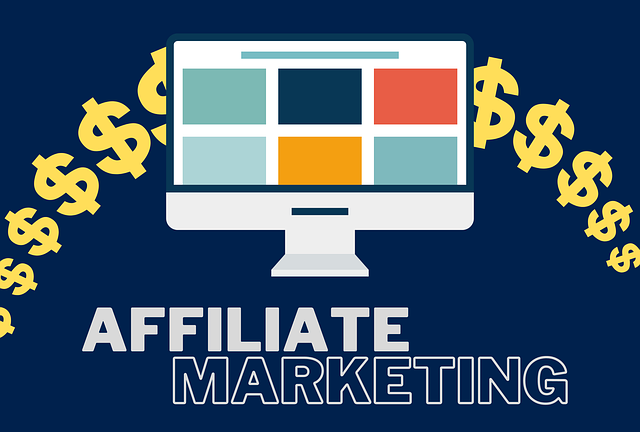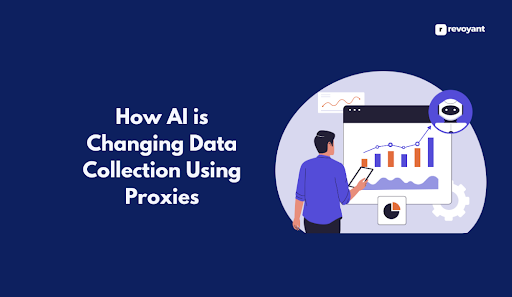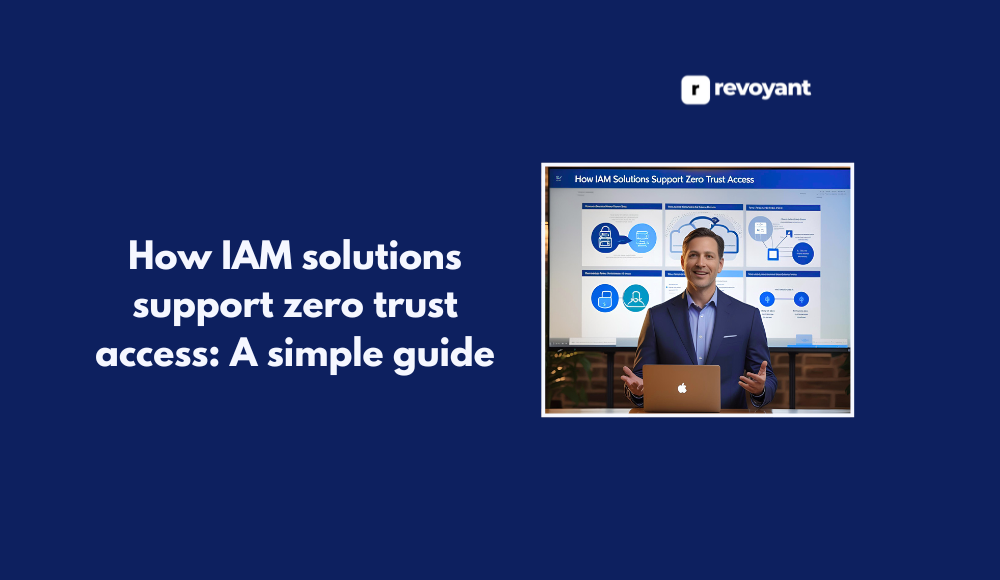Affiliate marketing has become one of my go-to strategies for growing a B2B SaaS business. It’s an approach that allows me to expand reach, generate leads, and increase revenue without the high upfront costs of traditional marketing.
By partnering with affiliates who promote my software to the right audiences, I’m able to access new markets and build brand credibility. Over time, I’ve realized that affiliate marketing isn’t just an option — it’s a necessity.
In this guide, I’ll share the benefits, best practices, and tools that have helped me create a successful affiliate marketing program.
Key Takeaways
Affiliate marketing is a cost-effective, performance-driven strategy.
- It expands the market reach and enhances brand credibility.
- The approach requires goal-setting, affiliate recruitment, and tracking.
- Tools like PartnerStack and Impact simplify program management.
Understanding B2B SaaS Affiliate Marketing
Affiliate marketing involves partnering with affiliates who promote your product or service in exchange for a commission on sales or leads generated through their efforts. In the B2B SaaS space, affiliates can be industry influencers, bloggers, consultants, or other businesses with established networks.
These affiliates use various marketing channels to drive traffic and leads to your SaaS offering, leveraging their credibility and reach to enhance your brand’s visibility and attract potential customers.
Read about Best B2B Affiliate Software.

The Advantages of B2B Affiliate Marketing
Affiliate marketing offers numerous advantages that can propel your B2B SaaS business towards sustainable growth. By implementing a well-structured affiliate marketing strategy, you can unlock a wide range of benefits, from boosting revenue to expanding your reach. Below, we will explore 14 key benefits of adopting an affiliate marketing approach in the B2B SaaS space.
Revenue Growth (MRR and ARR)
Affiliate marketing plays a significant role in driving revenue growth, particularly in terms of Monthly Recurring Revenue (MRR) and Annual Recurring Revenue (ARR). Affiliate marketing is incentivized to generate high-quality traffic that converts into paying customers, leading to consistent subscriptions and recurring revenue. This creates stable revenue streams, allowing for more accurate forecasting and better planning for future growth.
Lower Customer Acquisition Cost (CAC)
One of the key advantages of affiliate marketing is its ability to reduce Customer Acquisition Cost (CAC). Since affiliates are only compensated when they achieve conversions, they are highly motivated to optimize their campaigns for maximum efficiency. This reduces the overall cost of acquiring new customers, as affiliates manage the complexities of targeting, creative optimization, and customer engagement.
Increased Brand Exposure
Collaborating with affiliates enables businesses to reach new markets and audiences that might otherwise be inaccessible. Affiliates often have established platforms—such as social media profiles, blogs, email lists, YouTube channels, or online courses—that can introduce your product or service to a broader audience.
Enhanced Credibility
When respected influencers or industry experts endorse your SaaS product, it boosts your brand’s credibility and helps build trust with potential customers. This form of social proof can be a powerful tool in persuading prospects to choose your solution over competitors.
Scalability
Affiliate marketing is inherently scalable. As your network of affiliates grows, so does your potential to reach new customers and generate revenue. This expansion does not require a proportional increase in marketing spend, making it a cost-effective strategy for scaling your business.
Improved Customer Lifetime Value
A well-executed affiliate marketing strategy attracts high-quality leads that are more likely to convert and remain loyal over time. These customers often have a higher lifetime value, contributing to the long-term success and profitability of your business in the SaaS industry.
Access to Valuable Data and Insights
With the right tracking and analytics tools, you can gain valuable insights into your affiliates’ performance and customer behavior. This data helps you optimize your marketing efforts, identify top-performing partners, and make informed decisions that drive growth.
Accelerated Speed to Market
Affiliate marketing allows you to bring your product to market quickly. Affiliates, already skilled in online marketing and equipped with a target audience, can begin promoting your product immediately upon launch, reducing the time needed to acquire new customers.
Reduced Risk
Unlike traditional advertising, which requires upfront investment with uncertain returns, affiliate marketing minimizes risk by operating on a performance-based model. You only pay commissions when specific actions—such as leads or sales—are achieved, making it a safer investment.
Networking Opportunities
Affiliate relationships are more than just transactions; they can lead to long-term collaborations and joint ventures. Affiliates, often influential industry figures, can become valuable business partners, opening doors to new opportunities.
Geographic Expansion
Affiliates in different regions or countries can help you penetrate markets that are challenging to access. Their knowledge of local customs, language, and buyer behavior ensures that your marketing messages resonate more effectively with diverse audiences.
New Online Marketing Techniques
Affiliates bring fresh perspectives from various industries and can introduce your product to new niches or market segments. They often develop unique marketing strategies that can be applied across your other marketing channels.
Content Diversification
Affiliates produce diverse content—such as blog posts, reviews, video demos, and webinars—that enhances your content strategy. This content not only drives customer acquisition but also offers fresh insights and perspectives that can be repurposed for other marketing efforts.
Improved Search Engine Optimization (SEO)
Quality backlinks from authoritative affiliate websites can significantly boost your SEO profile. When reputable sites link back to your content, search engines take notice, improving your visibility on platforms like Google and elevating your overall search engine rankings.
Step-by-Step Guide to Creating an Affiliate Marketing Strategy
Now that you have a solid understanding of affiliate marketing and its benefits, it’s time to walk through the step-by-step process of building your affiliate strategy to boost affiliate sales.
Step 1: Define Your Affiliate Marketing Goals
Start by identifying the main objective of your affiliate program. Whether it’s driving free trials, increasing paid sign-ups, or enhancing brand awareness, setting clear goals helps shape your commission structure and recruitment strategy. Define success metrics like conversion rates, customer lifetime value, and revenue contribution from affiliates.
Step 2: Choose the Right Affiliate Network or Platform
Selecting the right platform ensures seamless tracking, commission management, and affiliate onboarding. Consider in-house programs or third-party networks like FirstPromoter, PartnerStack, or Impact.com. Evaluate factors like integration with your SaaS, automation capabilities, and affiliate recruitment support to maximize efficiency and program effectiveness.
Step 3: Set Commission Structures and Incentives
A well-planned commission model encourages affiliates to promote your product actively. Options include recurring commissions, one-time payouts, and tiered structures. Offering performance-based incentives, such as bonus payouts or higher commissions for top performers, keeps affiliates engaged and motivated, ensuring sustained growth and customer acquisition.
Step 4: Recruit and Onboard High-Quality Affiliates
The success of an affiliate program depends on recruiting the right partners. Focus on industry influencers, SaaS review sites, and tech bloggers who align with your audience. Providing affiliates with marketing materials, training, and dedicated support enhances their ability to generate high-quality leads and conversions.
Step 5: Monitor and Optimize Affiliate Performance
Regularly tracking affiliate performance ensures long-term program success. Monitor conversion rates, customer retention, and overall ROI to identify top-performing affiliates. Offer feedback, A/B test different strategies, and provide ongoing updates to keep affiliates engaged. Data-driven optimization improves efficiency and enhances the program’s revenue potential.
Conclusion
Affiliate marketing has been one of the most effective ways for me to grow my B2B SaaS business. By partnering with influencers, bloggers, and niche communities, I’ve been able to expand my reach, drive more leads, and increase revenue without huge upfront costs.
The key to success is finding the right affiliates, providing them with the resources they need, and tracking performance consistently. With platforms like PartnerStack and Impact, I’ve been able to create a scalable and efficient growth engine.
As the SaaS space becomes more competitive, I’ve found that affiliate marketing isn’t just helpful — it’s essential for staying ahead. With the right strategy, I’ve tapped into this powerful channel to drive exponential growth and secure long-term success.
Frequently Asked Questions
What is affiliate marketing in B2B SaaS?
Affiliate marketing in B2B SaaS is a partnership model where affiliates promote SaaS products and earn a commission on successful referrals, such as leads or sales.
How can I recruit high-quality affiliates?
Focus on partnering with industry influencers, niche bloggers, and trusted content creators with relevant audiences. Use affiliate platforms like PartnerStack to identify potential affiliates.
What are the key tools for affiliate marketing in B2B SaaS?
Essential tools include PartnerStack, Impact, Refersion, and ShareASale. These platforms help manage affiliate tracking, payments, and reporting.
What are common challenges in affiliate marketing for B2B SaaS?
Challenges include finding quality affiliates, tracking attribution, ensuring compliance, and managing program saturation. Using advanced tools and clear guidelines can address these issues.



